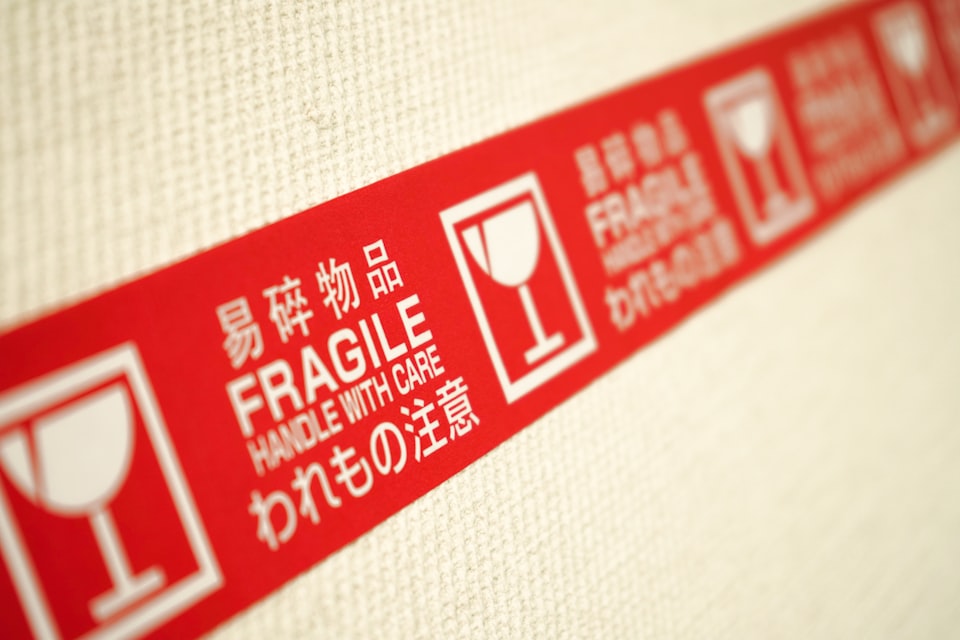This is a case where we had a management failure, and even if I feel we did the right thing, we failed to do it gracefully, and it took us a long time to recover. What's the point of sharing this story? We're so used to sharing success stories that it seems that nobody makes mistakes. I want to share some of the mistakes I made in case it helps someone avoid them in the future or helps someone feel less lonely when making a mistake. So, here we go.
This is a case where we changed a team's leadership because of performance and alignment issues with their leaders. Then, the new leaders started, and everything went well for a few months; the new leadership was doing retros and making minor changes to the team. We asked the team for feedback, and they were happy with their new leaders.
The first sign of a problem occurred when the two leaders (Manager and Tech Lead) prepared the performance reviews. After five months of working with the team, they have feedback for each team member on how they could keep improving their performance and contributing to the team. However, they were surprised when looking at the history of each member's performance review: all of them were given superb feedback from previous leadership, getting a "role model" in each category. They smelled this could be a problem and raised the question with the talent team and myself (as a VP of engineering).
It seems that the former leaders of the team have a different performance bar for each of the team members. Is it ok to raise the bar or should we soften our review?
We sat together and discussed alternatives, but we all agreed that even though the situation was not easy for the new leaders, we should deliver candid feedback, explain the situation, and address the team's concerns. Raising the bar was the right thing to do. And so they did; the team leaders delivered the new feedback and performance assessments to each member in their performance review meeting.
And that's where the problem started. Half of the team (four members), who have been in the team for the longest time, requested meetings with the talent team, complaining about the performance reviews. Then, they submitted negative feedback about the manager and tech lead.
That's where a dark time begins in terms of team dynamics. These four members started to spread the word among other colleagues from outside the team, ranting about the team leaders and how they had "destroyed the team." We managed each case individually, and 2 of them wanted to move to other teams, and we performed their internal mobilities. Another one also left the team because she was transitioning to another role in another team. Only one stayed in the team.
What happened so far?
In the end, I do not fully know. But here is the story I made to myself based on the people I was able to talk to:
The leaders, who have not yet fully built trust with the team, had to deliver feedback to a team that was only used to hear great things and very few things to improve. Unhappy with their performance reviews and concerned that they would negatively impact their salary reviews, the group started to compain about the leaders. They believed they, and not the leaders, represented the company's culture and that their leaders were not aligned.
Even though the talent team has had conversations backing up the leaders' decisions, I think I failed as a leader. What would I do differently? I would have had 1:1 sessions with them as soon as I received the negative feedback about their leaders. I should have communicated that we all discussed the ratings of the performance review, and we decided to raise the bar, using the conversation to turn it into a positive thing, such as how useful it is to get feedback about what you can do to improve vs. getting "role model" and no feedback at all. But much more important was to back up the new leader's decision.
The story does not end there.
A few months after the internal mobilities were done and other people joined the team, everything seemed to improve. However, in a week, different people raised negative conversations about the team and their leaders. After scratching the surface, we learned that the four people who used to be on the team were meeting for lunch and gossiping and ranting about their former team, even in front of other colleagues or new members of the team.
This time, we met individually with the team members and had deep conversations about expectations. In our company culture, we shared that we were okay with people voicing their opinions directly to the leadership team, and we'd hear their voices. This doesn't mean we'll do what they expect. We'll do what we consider the best for the company. We expect that they commit to a decision, but not that if they are unhappy with the decision, they go ranting on our backs, creating a bad vibe. If they don't trust us or are super dissatisfied with most decisions, they might reconsider if this is the company for them.
And what happened next?
Initially, there was a slight disappointment with these conversations, but the public negative gossip stopped. The manager kept following up with each team member and spent much time rebuilding their trust and expectations. and the situation has been good for a long time now.
Did you ever face a similar issue, or are you in a position where you need to raise the bar for a team? Please let me know!
Thanks to Naty for providing early feedback on this article!
Follow me on Twitter or subscribe to the newsletter for more articles on software engineering leadership and troubleshooting software engineering teams' problems.



